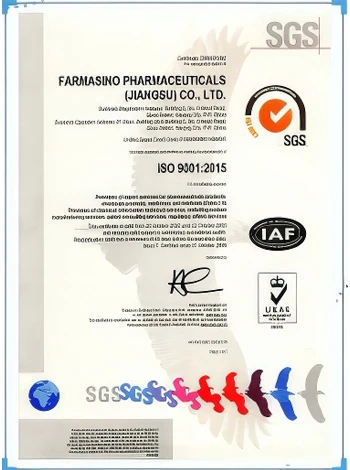



Impact of Pesticides and Agrochemicals on Agriculture and Food Safety
Pesticides and Agrochemicals Balancing Benefits and Risks
Pesticides and agrochemicals play a crucial role in modern agriculture, providing essential tools for enhancing crop productivity and ensuring food security. These chemical compounds are designed to control pests, weeds, and diseases, ultimately protecting crops and increasing yields. However, the extensive use of these substances has raised concerns about their impact on human health, biodiversity, and the environment.
Pesticides and Agrochemicals Balancing Benefits and Risks
Despite their benefits, the use of pesticides is not without risks. One of the significant concerns is the potential for pesticide residues to remain on food products, posing health risks to consumers. Prolonged exposure to certain pesticides has been linked to various health issues, including respiratory problems, endocrine disruption, and even cancers. Moreover, agricultural workers who apply these chemicals face increased exposure risks, highlighting the need for stringent safety measures and regulations.
pesticides & agro chemicals

Environmental impacts also warrant attention. The runoff of pesticides into water bodies can lead to contamination of aquatic ecosystems, harming fish and other wildlife. Persistent chemicals can disrupt local ecosystems, affecting non-target species and reducing biodiversity. For example, neonicotinoids, a class of insecticides, have been implicated in the decline of bee populations, which are essential for pollination.
To mitigate the risks associated with pesticide use, integrated pest management (IPM) strategies have been developed. IPM combines biological, cultural, and chemical practices to manage pests more sustainably. By promoting natural pest predators, crop rotation, and resistant crop varieties, farmers can reduce reliance on chemical inputs while maintaining productivity. Additionally, the development of biopesticides—derived from natural materials—offers a promising alternative that minimizes environmental impact.
Regulatory agencies worldwide play a vital role in evaluating the safety and efficacy of agricultural chemicals. Ongoing research and monitoring are essential to ensure that pesticides used in agriculture meet health and environmental standards. This vigilance allows for the timely re-evaluation of risks, leading to adjustments in usage guidelines and potential bans on harmful substances.
In conclusion, while pesticides and agrochemicals are indispensable for modern agriculture, their usage requires careful management to protect human health and the environment. Striking a balance between agricultural productivity and ecological sustainability is crucial for the future of global food systems. Through responsible usage, research, and innovative practices, we can harness the benefits of these chemicals while minimizing their adverse effects.
-
Why Sodium Persulfate Is Everywhere NowNewsJul.07,2025
-
Why Polyacrylamide Is in High DemandNewsJul.07,2025
-
Understanding Paint Chemicals and Their ApplicationsNewsJul.07,2025
-
Smart Use Of Mining ChemicalsNewsJul.07,2025
-
Practical Uses of Potassium MonopersulfateNewsJul.07,2025
-
Agrochemicals In Real FarmingNewsJul.07,2025
-
Sodium Chlorite Hot UsesNewsJul.01,2025










